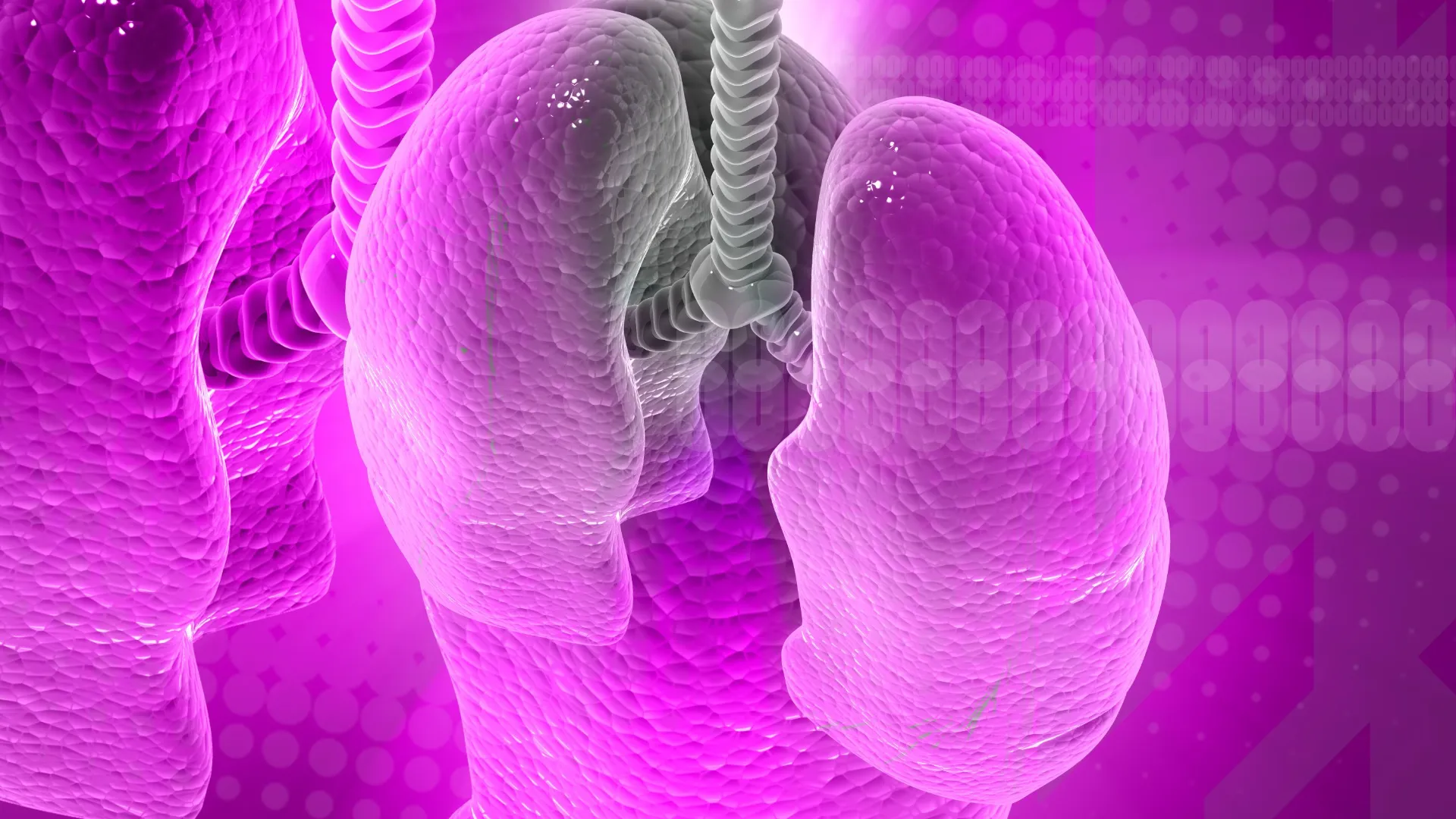Mesothelioma, a rare and aggressive cancer, often presents with a range of symptoms. Understanding these signs is crucial for early detection and treatment. From persistent cough and chest pain to unexplained weight loss and respiratory complications, recognizing these symptoms is essential. If you or a loved one experiences these indicators, seeking medical attention from a qualified mesothelioma specialist is imperative for proper diagnosis and guidance on treatment options.
Persistent Cough
When it comes to pleural mesothelioma, one of the most commonly reported symptoms is a persistent cough. This is often one of the earliest indicators of the disease and can be quite debilitating for patients. Here’s what you need to know about this symptom:
- Frequency: Patients may experience a cough that lingers for an extended period, often becoming more severe as the disease progresses.
- Characteristics: The cough is typically dry and unproductive, meaning that it doesn’t produce any phlegm or mucus.
- Related to Mesothelioma: It’s important to note that a persistent cough in the absence of a cold or other respiratory infection could be a sign of pleural mesothelioma.
- Consulting a Mesothelioma Specialist: If you or someone you know is experiencing a persistent cough along with a history of asbestos exposure, seeking evaluation from a mesothelioma specialist is crucial for early detection and personalized treatment.
In comparison to a regular cough, the persistent nature of this symptom is what sets it apart. While common remedies like cough syrups may alleviate the discomfort temporarily, addressing the underlying cause through consultation with a mesothelioma specialist is imperative for timely intervention.
Shortness of Breath
Shortness of breath is one of the hallmark symptoms of pleural mesothelioma. This occurs as a result of the buildup of fluid between the layers of the pleura, the lining of the lungs. As the cancer progresses, this fluid increases, putting pressure on the lungs and making it difficult for them to fully expand.
